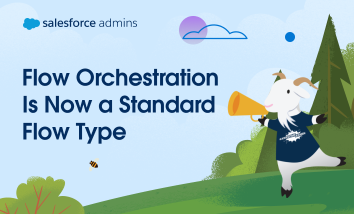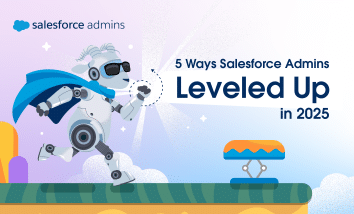Salesforce Admins deliver value to their organizations every day through the core skills they develop on the path of becoming an admin. At a time when many businesses face critical challenges and tightening budgets, admins are essential for driving efficiency and productivity through their core responsibilities. As an admin, you drive success for your organization […]








